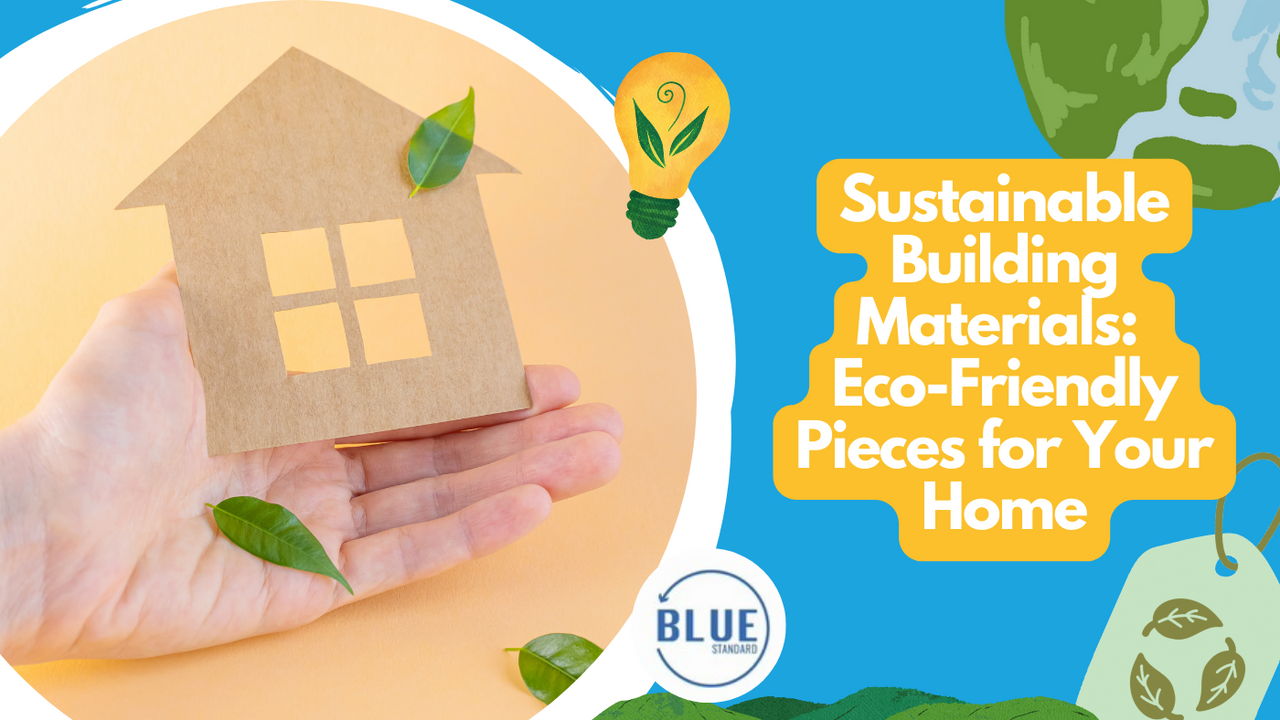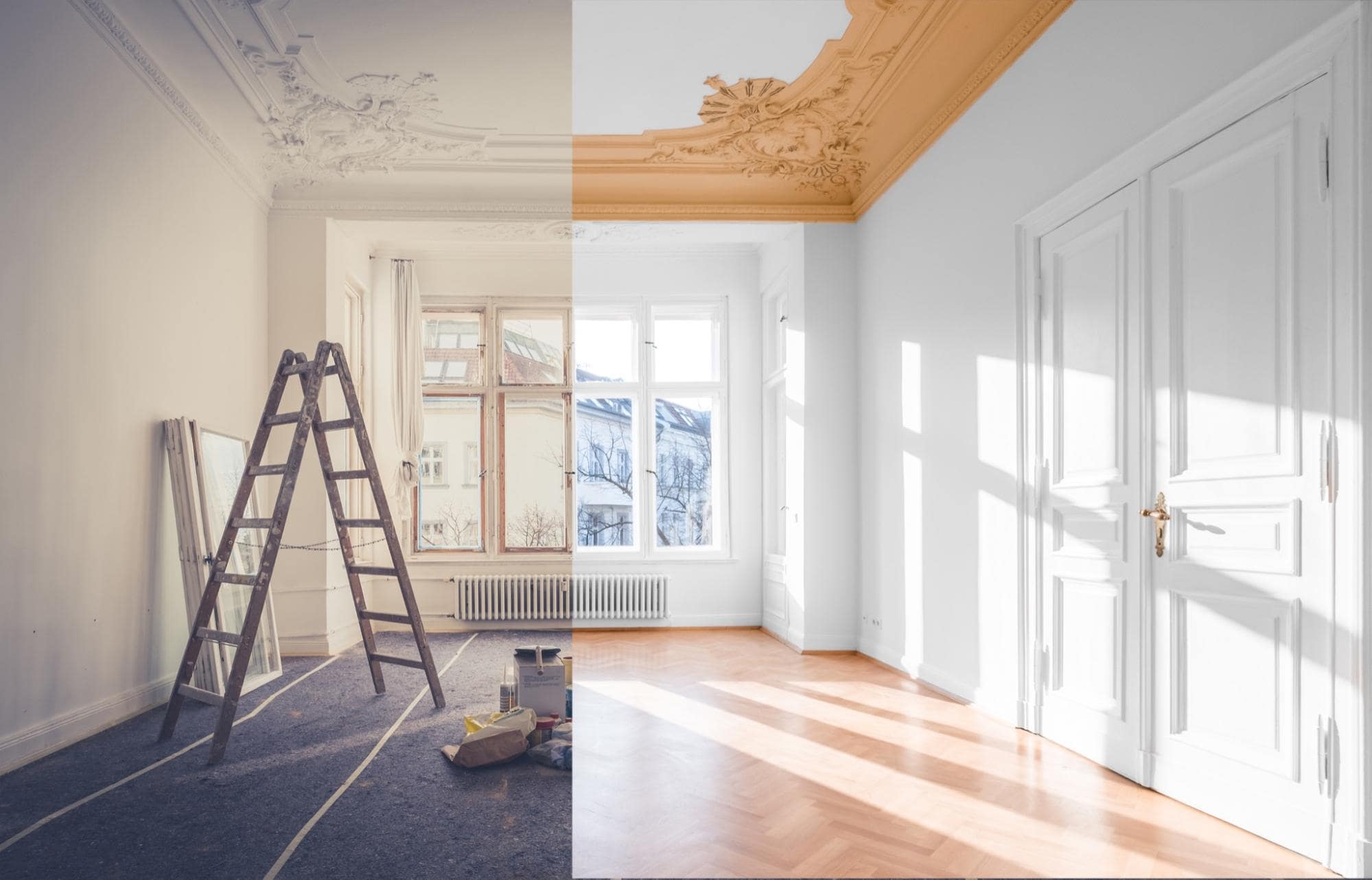
Eco-Friendly Choices: Sustainable Home Building Materials
Building a sustainable home involves thoughtful choices, and selecting the right building materials is a crucial aspect of the process. Explore the benefits of sustainable home building materials and how they contribute to eco-friendly and energy-efficient living spaces.
Introduction to Sustainable Home Building Materials
Sustainable home building materials prioritize environmental responsibility and aim to minimize the ecological impact of construction. These materials are sourced and manufactured with a focus on preserving natural resources, reducing energy consumption, and promoting long-term sustainability. Making informed choices about the materials used in construction can lead to homes that are not only aesthetically pleasing but also environmentally conscious.
Benefits of Sustainable Home Building Materials
Choosing sustainable building materials offers a myriad of benefits. From reducing the carbon footprint associated with construction to enhancing energy efficiency and improving indoor air quality, these materials contribute to a healthier and more environmentally friendly living environment. Additionally, sustainable materials often have a longer lifespan, reducing the need for frequent replacements and further minimizing waste.
Wood as a Sustainable Building Material
Wood, when sourced responsibly from well-managed forests, is an excellent sustainable building material. It is renewable, biodegradable, and has a lower carbon footprint compared to some traditional construction materials. Engineered wood products, such as laminated veneer lumber (LVL) and cross-laminated timber (CLT), provide alternatives that maximize the use of available resources.
Recycled and Reclaimed Materials for Eco-Friendly Construction
Utilizing recycled and reclaimed materials is a hallmark of sustainable construction. Materials like recycled steel, reclaimed wood, and recycled glass contribute to the circular economy by repurposing existing resources. These materials not only reduce the demand for new raw materials but also add unique character to the home through the history embedded in reclaimed elements.
Energy-Efficient Insulation Materials
Sustainable insulation materials play a key role in maintaining energy efficiency within a home. Options such as recycled denim insulation, sheep’s wool, and cellulose insulation provide effective thermal performance while minimizing environmental impact. These materials contribute to lower energy bills by helping to regulate indoor temperatures more efficiently.
High-Efficiency Windows and Doors
Windows and doors are critical elements for both aesthetics and energy efficiency. Opting for high-efficiency windows with double or triple glazing and low-emissivity coatings minimizes heat loss and improves insulation. Additionally, choosing sustainably sourced and durable materials for doors, such as FSC-certified wood or recycled aluminum, ensures a long-lasting and eco-friendly solution.
Bamboo: A Rapidly Renewable Building Material
Bamboo is a fast-growing and renewable building material that offers a sustainable alternative to traditional hardwoods. Known for its strength and versatility, bamboo can be used for flooring, furniture, and even structural components. Its rapid growth and ability to thrive without the need for pesticides make it an environmentally friendly choice for construction.
Solar Panels and Sustainable Energy Systems
Incorporating sustainable energy systems is an integral part of building an eco-friendly home. Solar panels harness renewable energy from the sun, providing a clean and sustainable power source. Integrating these systems into the construction process allows homeowners to reduce their reliance on non-renewable energy sources and lower their overall environmental impact.
Water-Efficient Fixtures and Plumbing Materials
Sustainable construction extends beyond the structure itself to include water-efficient fixtures and plumbing materials. Low-flow faucets, toilets, and water-saving showerheads reduce water consumption, contributing to both cost savings and conservation efforts. Additionally, choosing plumbing materials with recycled content further enhances the sustainability of the home.
Reltix: Transforming Homes with Sustainable Solutions
For those looking to integrate sustainable building materials into their homes, Reltix offers transformative solutions. Explore how Reltix can elevate your sustainable home construction journey with innovative technologies and expert guidance here.
Conclusion: Crafting a Sustainable Living Space
In conclusion, opting for sustainable home building materials is a conscious choice that aligns with environmental stewardship and energy efficiency. From responsibly sourced wood to recycled and reclaimed materials, each choice contributes to the overall sustainability of the home. By embracing eco-friendly options, homeowners not only create spaces that are environmentally responsible but also set the stage for a more sustainable and resilient future.









